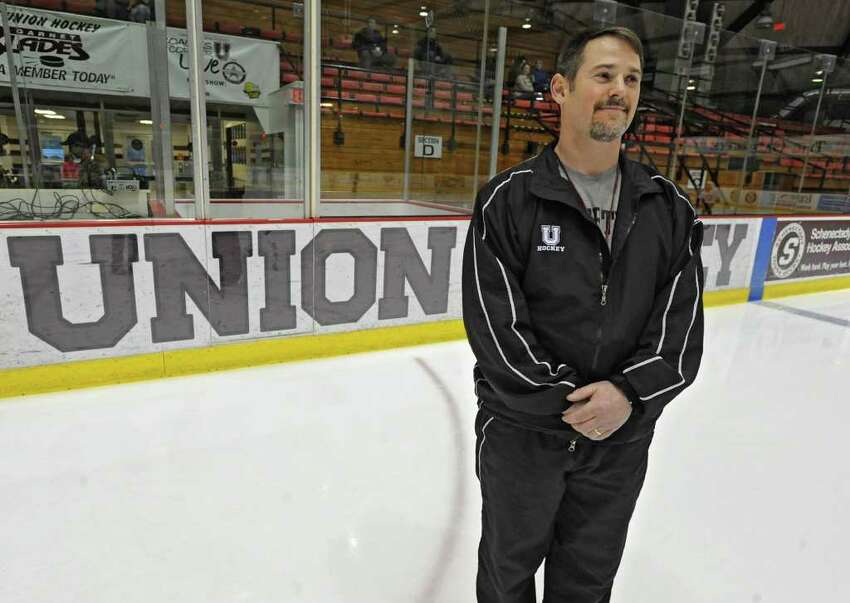Union College athletics sports psychologist Wally Bzdell said he wasn’t surprised by an NCAA survey of more than 37,000 student-athletes released Friday that showed many of them experiencing high rates of mental distress during the coronavirus pandemic.
The cancellation of college sports in March forced athletes off the playing fields and courts and back home for online classes as campuses were shut down around the country.
“Yeah, people are feeling more stress and pressure and more anxiety related to the uncertainty – health uncertainty, school uncertainty, disappointment in how the season went and didn’t go and didn’t complete,” Bzdell said. “People not knowing what’s going to happen next in terms of when to come to school, when they’ll be able to play again. That’s what I would expect.”
In the NCAA survey, conducted from April 10 to May 1, one-third of athletes surveyed reported experiencing sleep difficulties, a quarter expressed feeling sadness and a sense of loss and one in 10 said they were so depressed it has been difficult to function “constantly” or “most every day.”
The NCAA said the rates of mental health concerns, in most instances, were 150 to 250 percent higher than those historically reported by student-athletes in the American College Health Association’s National College Health Assessment.
Besides Union athletes, Bzdell works with the Maine and Providence hockey programs, Rutgers lacrosse and consults with coaching staffs around the country. He has previously served as a sports performance advisor with Siena.
“One of the things I’ve tried to stress with the athletes I’m still working with is the idea of don’t let the external world dictate your internal experience and that comes from a range of frameworks,’’ said Bzdell, a former Union hockey player. "What’s your ability to be optimistic vs. pessimistic. What’s your ability to focus on what you can control, how do you use mindset skills and mindfulness skills to stay in the moment and be engaged?”
The NCAA survey said mental health concerns were highest among respondents of color, those whose families were facing economic hardship and those living alone. College seniors reported a sense of loss at 1 ½ times the rate of underclassmen.
From his experience, Bzdell agreed with the survey’s finding that 82 percent of athletes reported feeling positive or very positive about the support they’re receiving from their coaches during the pandemic.
“Coaches have been really good, at least in the schools and programs that I’m involved with, in reaching out to their student-athletes to stay in touch, to support them through academics, to see how they’re doing,’’ he said. “That fits with what I'm seeing."
In other survey findings, 75 percent of black male student-athletes said they had enough access to food, compared with 92 percent of white males, and 61 percent reported they had healthy food options, compared with 81 percent of white males.
Four in five athletes surveyed cited local regulations and a lack of access to appropriate facilities as barriers to training during the pandemic.
msingelais@timesunion.com • 518-454-5509 • @MarkSingelais
"many" - Google News
May 23, 2020 at 07:10AM
https://ift.tt/36q6Jva
Many college athletes feeling distress - Times Union
"many" - Google News
https://ift.tt/2OYUfnl
https://ift.tt/3f9EULr


No comments:
Post a Comment